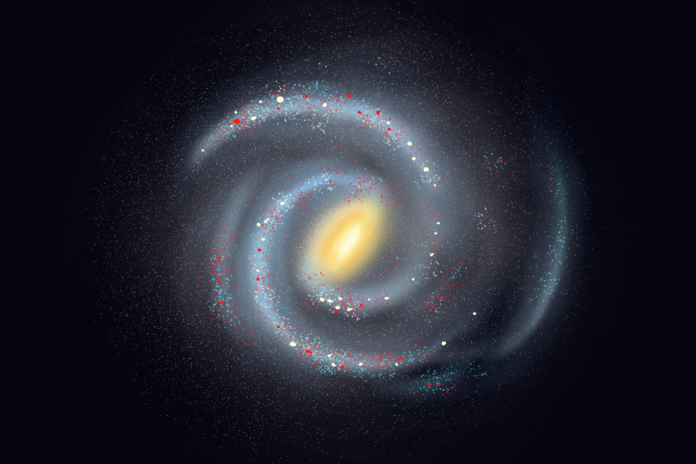New UC Davis College of Engineering space innovations detailed
National Space Day, which falls on the first Friday of May, is a day committed to celebrating the achievements made toward space travel, research and technology. UC Davis is making its own contributions to the progress of space technology and travel which will allow better collaboration between humans and machines in space.
Mechanical and aerospace engineering professor and retired NASA astronaut Stephen Robinson directs the UC Davis Center for Human/Robotics/Vehicle Integration and Performance (HRVIP Lab). There, a number of researchers, including both graduate and undergraduate students, work on the newest space-related technological advancements.
The Fall 2019 Engineering Progress magazine, which features projects underway at the College of Engineering, cites innovations at the HRVIP Lab, including a device astronauts can affix to the top of their helmets that informs them of nearby radiation, enabling them to steer clear of it. Another project detailed in the magazine is a possible alternative to remote surgery. An unmanned spacecraft ambulance with room for two crew members and a patient would potentially transport astronauts in need of emergency medical attention from the International Space Station (ISS) to any airport and, from there, to the nearest hospital. This is an idea entirely unique to space travel.
Robinson, who has embarked on four Space Shuttle missions and spent a total of 48 days in space, gave his advice to those currently struggling with isolation as a result of quarantine, which he said can be compared to the isolation of space.
“My approach to feeling isolated and restricted from the things I want to do has always been to try to remember all the things that I am fortunate to have — health, freedom, intellectual challenge and a wonderful community,” Robinson said. “In other words, try to get outside your own mind, find a way to feel fortunate and then make yourself (and others) feel better by learning, giving and sharing.”
Robinson plans to celebrate National Space Day this year by joining an online call with his team of researchers at the HRVIP Lab and watch videos of space together. In his spare time while in quarantine, Robinson watches the ISS fly overhead.
“Besides all the space research I am involved in, it is always wonderful to watch the International Space Station fly over, and to think about the fortunate astronauts and cosmonauts that are on board, doing scientific research up there in the coolest lab of all,” Robinson said.
Using NASA’s Spot the Station website, anyone can track the movement of the ISS through the sky by entering in their location. The site provides a chart of dates, times, number of minutes of visibility and the degrees above the horizon at which the ISS can be viewed according to where you are. A full calendar of lunar phases, eclipses and meteor showers can also be found on the NASA website.
If given the opportunity to deliver the first words ever said on Mars, Robinson would remark at the lengthiness of the mission leading up to his landing on the Red Planet.
“Mars is something like 140 million miles away from Davis,” Robinson said. “So since I’m no Neil Armstrong, I think my first words would be, ‘Wow, it sure took a long time to get here!’”
Joking about the similarities between self-quarantining and space travel, Robinson said, “After this, we are all going to be qualified to be astronauts!”
Written by: Lyra Farrell — features@theaggie.org




